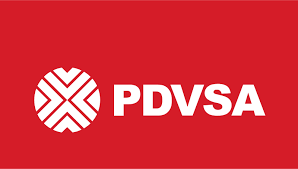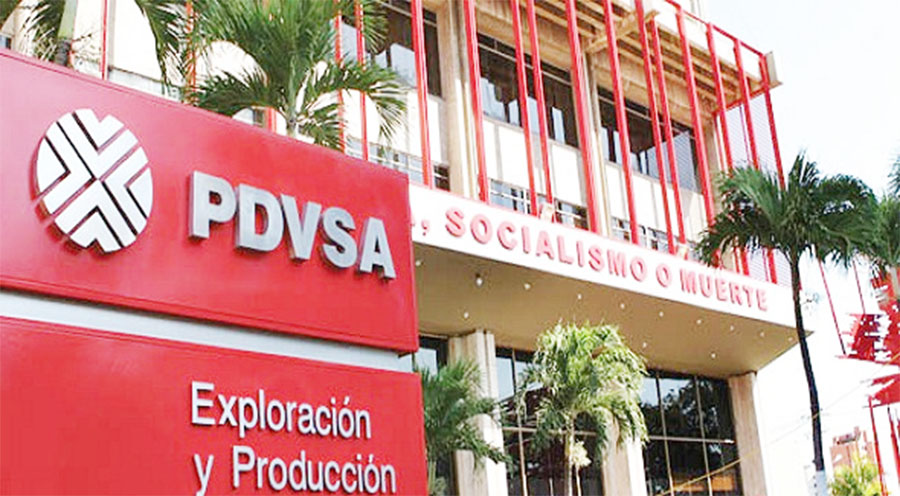Recent reporting on the pace of recovery by Venezuela’s oil industry from the havoc wreaked on its exports (on account of the United States blockade) and on the country’s economy as a whole, strongly suggests that the Maduro administration now needs to look inward for solutions to the wave of internal challenges that are no less challenging, and which threaten to wreak further havoc on the country’s already beleaguered economy.
A report emanating from Caracas earlier this week, based on information provided by Venezuela’s “Investigative Unit,” points to what it describes as “increasing criminal activity” hovering over the oil industry and hindering the sector’s recovery. If there is a general acceptance of the fact that Washington’s easing of the squeeze, not least the Biden administration’s green-lighting of a deal between Venezuela’s Petrobras and the American oil giant CHEVRON, under which the US company provides various forms of technical support for the state-run oil company, recovery, these days, is being hindered mostly by what has been described as “criminal activity around the industry” and the market’s potential recovery.

Experts are adamant that oil, being by far the main driver of Venezuela’s economy, are also adamant that the overall recovery of the country’s economy will depend heavily on a huge input from the country’s oil sector. A huge network of interconnected pipes transports fuel from the country’s various refining plants to filling centers around the country. Oil sanctions and the lack of investment in refineries have reportedly retarded their maintenance creating acute shortages, particularly in states that are distant from the country’s capital. The upsurge of fuel theft, a circumstance that is blamed largely on organized crime, has exacerbated the pre-existing challenges.
Criminal networks reportedly syphon off as much as 30% of the fuel destined for the entire southern region of the country; arrests and the dismantling of networks dedicated to illegally extracting gasoline in several states have reportedly become a major pursuit of policing operations in the country. If pipeline sabotage is playing a significant role in the weakening of the country’s energy sector, a former PDVSA Director, José Toro Hardy, is quoted as saying that official corruption inflicts no less significant gouges on the oil sector and by extension, on the country’s economy.
Corruption in the country’s oil sector is reported to have “began in earnest” with the nationalization of the country’s oil production operations in the “early 2000s.” Watchers said that with nationalization came a lack of transparency around the industry, a circumstance that spawned protracted and endemic corruption in the sector, some of them involving state officials and other functionaries with influential ‘connections’ to the country’s political establishment. Evidence that corruption persists, despite the numerous scandals, were reportedly reposed in the fact that a police operation led to the arrest of influential functionaries in the oil sector and the military on charges that they were part of various corruption schemes. It was the reported scale of the irregularities that flourished in Venezuela’s oil sector that eventually led to the resignation of that country’s former oil minister, Tareck El Aissami, who, setting aside his substantive ministerial portfolio, was regarded as one of Venezuela’s key political figures. The high profile clique of state officials believed to have been involved in using their influence in the oil sector to steal from the state were reportedly involved in enabling the shipment of consignments of oil abroad where foreign businessmen were then charged with marketing the stolen oil. Reportedly, significant portions of the amounts accrued from the ‘stolen’ oil went into the bank accounts of the local clique responsible for ‘putting togethe’r the ‘deals,’ thereby short-changing the PDVSA.
Stabroek Business have seen media reports that put the amounts lost to the now ravaged Venezuelan economy on account of these scams at around $21 billion. Corrupt officials have reportedly gone further, enabling “criminal gangs to dismantle PDVSA oil facilities and sell the stolen parts for scrap metal.”



